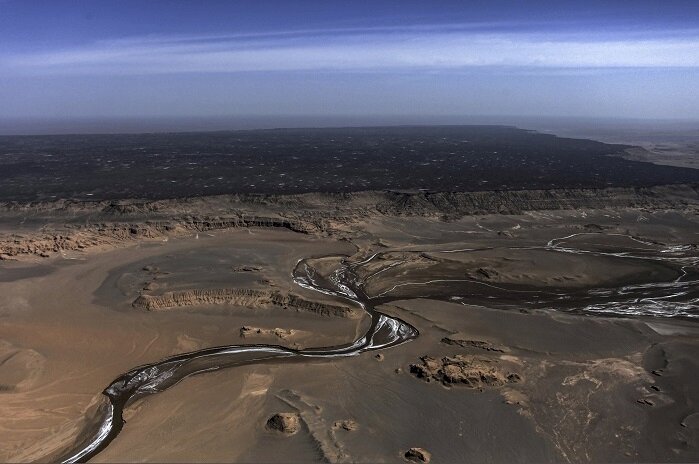Overnight stay, camping banned in Lut desert

TEHRAN –Overnight stay and camping in Shahdad, a major part of the UNESCO-registered Lut desert, and its giant dunes (locally called kaluts) have been banned until further notice.
Situated in southeastern Kerman province, it is home to shifting sands, salt plains, meteorite fields, and rocky terrain, which offers visitors breathtaking vistas and unparalleled serenity of the intact nature and wilderness.
It has long been a destination for adventurers, nature lovers, off-roaders, and trekkers.
The presence of tourists has led to an increase in the amount of garbage in the area as some tourists leave waste assuming that it will be absorbed by nature, while this process takes three to four months, the director of the UNESCO-tagged site, Moein Afzali, said on Thursday.
While leaving garbage is distorting the view of the desert, it also has dire consequences that appear over time, the official added.
However, eco-lodge units and desert camps have been provided for tourists who are interested in spending nights in the area, he explained.
According to the National Headquarters for Coronavirus Control, tourist tours will be prevented from entering the region until December 6.
The Lut Desert, widely referred to as Dasht-e Lut (“Emptiness Plain”), is a large salt desert encircled by the provinces of Kerman and Sistan- Baluchestan, and South Khorasan. It is the world’s 27th-largest desert and was inscribed on UNESCO’s World Heritage List on July 17, 2016.
Seven years of satellite temperature data analyzed by NASA show that the Lut Desert is the hottest spot on Earth. Based on the research, it was hottest during 5 of the 7 years and had the highest temperature overall: 70.7°C in 2005.
The desert is also considered as one of the top areas in the world for finding meteorites, thanks to its unique parameters. In recent years, significant finds have been made, with the efforts of national and international teams of researchers.
ABU/MG
Leave a Comment